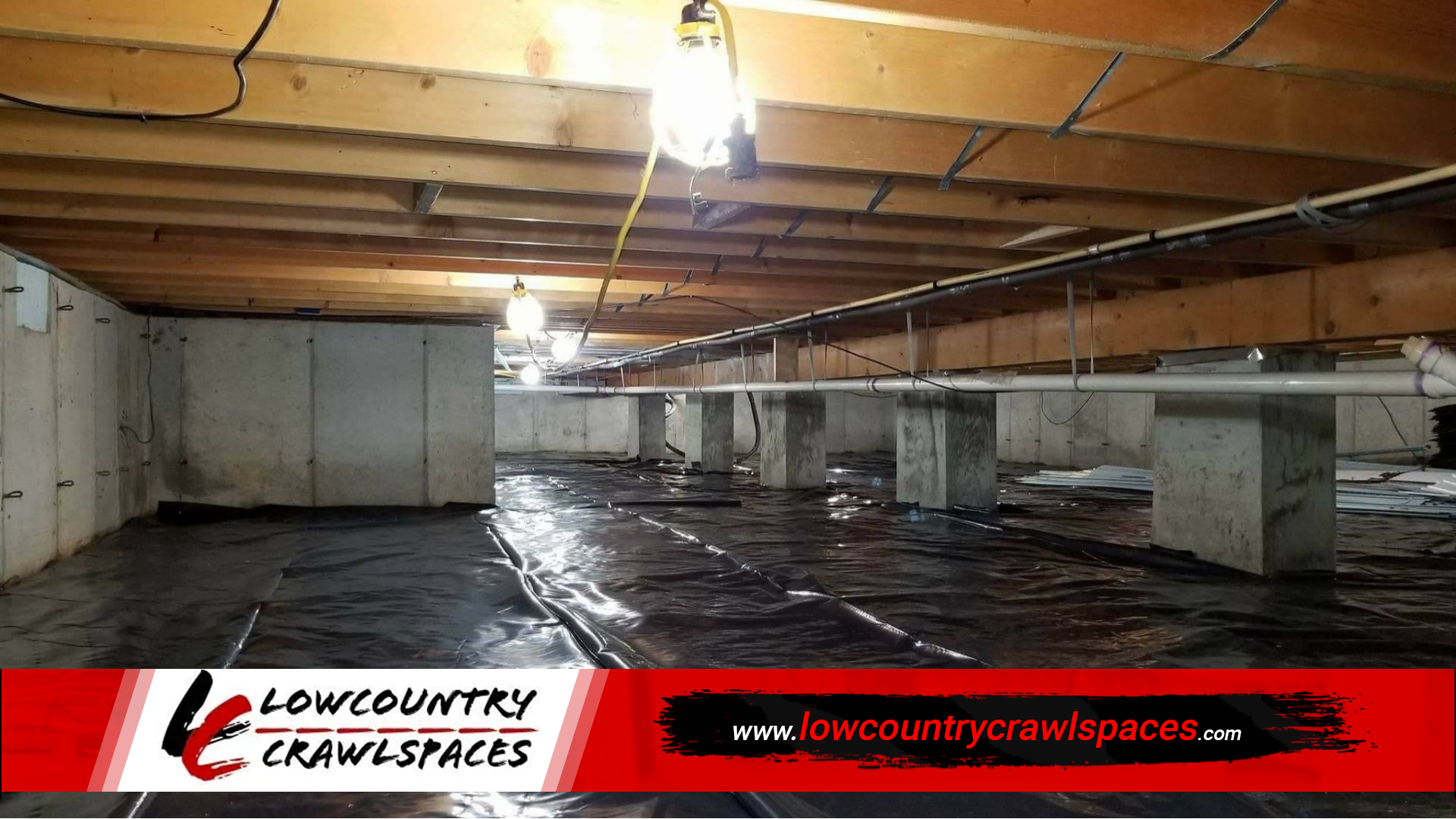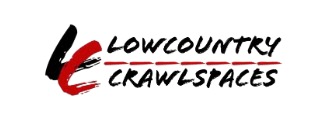Crawl Space Vapor Barrier Installation in Charleston, SC
Should I install a vapor barrier in my crawl space?
Yes. In your crawl area, you'll need a vapor barrier. Furthermore, a moisture barrier is the bare minimum of protection that your crawl space should have. A vapor barrier can help you prevent costly repairs.
Do vapor barriers cause mold?
This can result in serious moisture issues and mold, which can arise when walls become wet during construction or more frequently later in the home's life.
Is crawl space encapsulation really necessary?
While crawl space encapsulation is optional, it is an essential protective measure against moisture and crawl space dampness. Moisture in your crawl area will eventually cause structural damage. The vapor in the crawl space can destroy the timber framing and flooring of your home. Moisture is kept out of the crawl area by encapsulating it. Additionally, encapsulation aids in the prevention of harmful pests such as termites.
Should my crawl space be vented?
Working vents in the crawlspace are required by most building codes in the summer to allow outside air to circulate beneath the floor and avoid moisture buildup, which fosters wood deterioration through mildew and mold.
When should I use vapor barrier on floor?
When a floor is subject to dampness, vapor barriers should be used. Mold, mildew, and the possibility for water damage can all result from moisture penetrating your flooring. To protect your floors, a moisture barrier helps prevent the migration of water vapor.
Does mold grow under crawl space vapor barrier?
The purpose of a crawl space vapor barrier is to trap or slow down water vapor entering the crawl space. With proper installation, the vapor barrier reduces moisture in your crawl space and prevents mold growth.
What percent humidity should my crawl space be?
The ideal level of humidity is approximately 55 percent. However, maintaining humidity levels between 30-60% is good for a crawl space.
Will a vapor barrier reduce humidity?
Vapor barriers prevent ground moisture from evaporating which can reduce relative humidity in the crawl area. With controlled humidity levels, the crawl space remains dry and free of mold.
What happens to moisture under a vapor barrier?
The diffusion of water vapor is slowed by a vapor barrier; thus, the moisture is not able to reach the crawl space, where it can condense and cause a slew of problems such as structural rot, mold, and standing water.
Should I run a dehumidifier in my crawl space?
A crawl space dehumidifier can help in controlling moisture or humidity levels and protect your crawl space from moisture-induced wood decay. Depending on the dampness and size of the crawl space, it may take hours for the dehumidifier to effectively dry out the air.
Where should vapor barrier be installed?
In hot, humid climates, they should be installed on the outside surface. Meanwhile, in cooler areas, vapor barriers should be built on the inner surface of the wall.
How effective is crawl space vapor barrier installation in Charleston, SC?
Crawl space vapor barriers are essential to controlling the moisture beneath your house or property. As a protective layer, it slows down water vapor from entering the crawl space and condensing, thus causing a damp crawl space that invites mold and is prone to structural rot.
What is the difference between a vapor barrier and encapsulation?
A vapor barrier is a material used to block moisture transmission through walls or floors, often applied in specific areas. Crawl space encapsulation, on the other hand, is a comprehensive process that involves sealing and conditioning an entire crawl space area, using a vapor barrier as one component, to prevent moisture, improve indoor air quality, and enhance structural integrity.
Got a Question? We’re Here to Help.
You can arrange an appointment or make an enquiry by phone or email, orget in touch to us via our contact form.
Frequently AskED Questions
Please read the answers to some of our most frequently asked questions concerning our services.
Cities We Proudly Service
Click the dropdown below to view all of the cities where we provide crawl space waterproofing services.
Contact Lowcountry Crawlspaces Today!
Lowcountry Crawlspaces will do everything we can to ensure your experience with us is excellent.
Request A FREE Estimate
Request a Free Estimate Form
24-Hour Emergency Service
Contact Information
Phone: 843-259-8194
Address: 6206 Savannah Highway, Ravenel, SC 29470.
Appointments Available
Servicing Charleston, SC and Nearby Cities
Lowcountry Crawlspaces solves moisture and mold problems in Charleston, SC and the surrounding areas by providing crawl space waterproofing, crawl space encapsulation, and foundation repairs such as termite damage repair.
Related Services in Charleston, SC
Please find a list of our most frequently requested services below. We can help if your crawl area is flooded due to a lack of a french drain or sump pump. We'll make sure your crawl space stays clean, dry, and healthy if you need mold removal due to excessive humidity levels.
Crawl Space Vapor Barrier Installation
Installing a vapor barrier in the crawl area is a cost-effective solution to moisture control issues. Vapor barriers in the crawl space are used to prevent moisture, water, and damp air from entering the home via the floor. This helps to avoid the growth of mold and mildew, which can cause structural damage and make living circumstances uncomfortable for your family!
Crawl Space Mold Removal
One of the most critical tasks in resolving moisture control issues is to remove mold from the crawl area. Mold may quickly become a serious problem in a home, and those who act immediately to clean up and remediate the situation will have a better chance of preventing it from spreading. You will save time and money if you remove the mold before it spreads throughout your home.
Crawl Space Waterproofing
Waterproofing the crawl space is a must. It not only protects your property from water damage, but it also protects you from the health and safety dangers that mold poses!
Schedule Your FREE Crawl Space Evaluation!
Did you know YOU DON'T HAVE TO BE HOME for us to provide you with your 100% FREE crawl space inspection and report?




